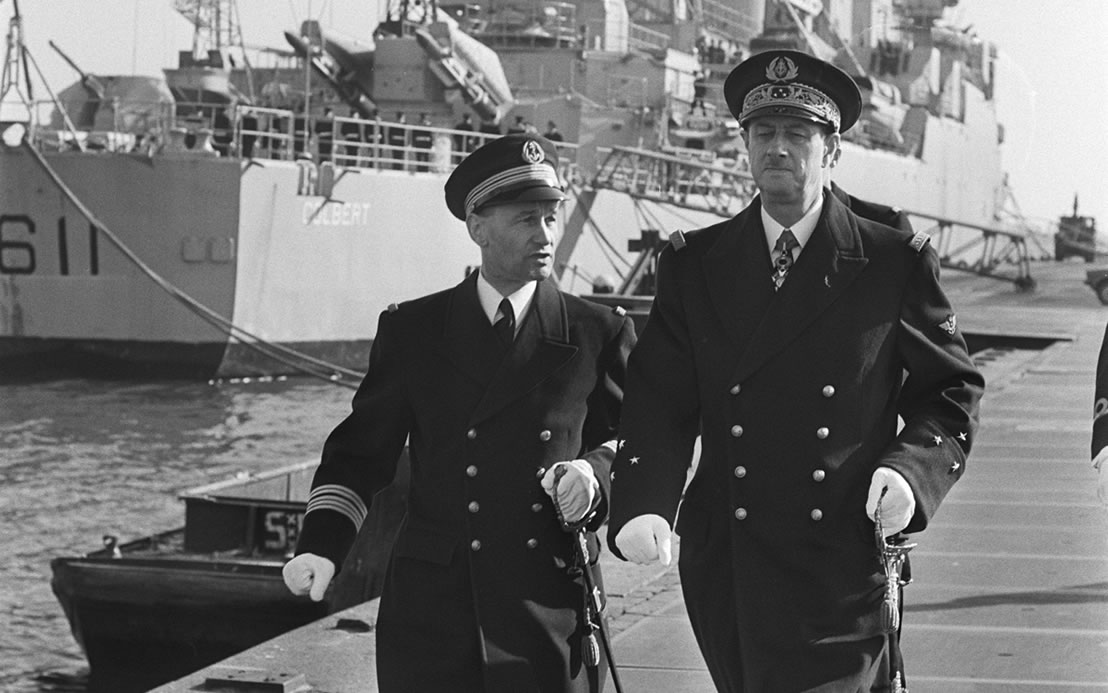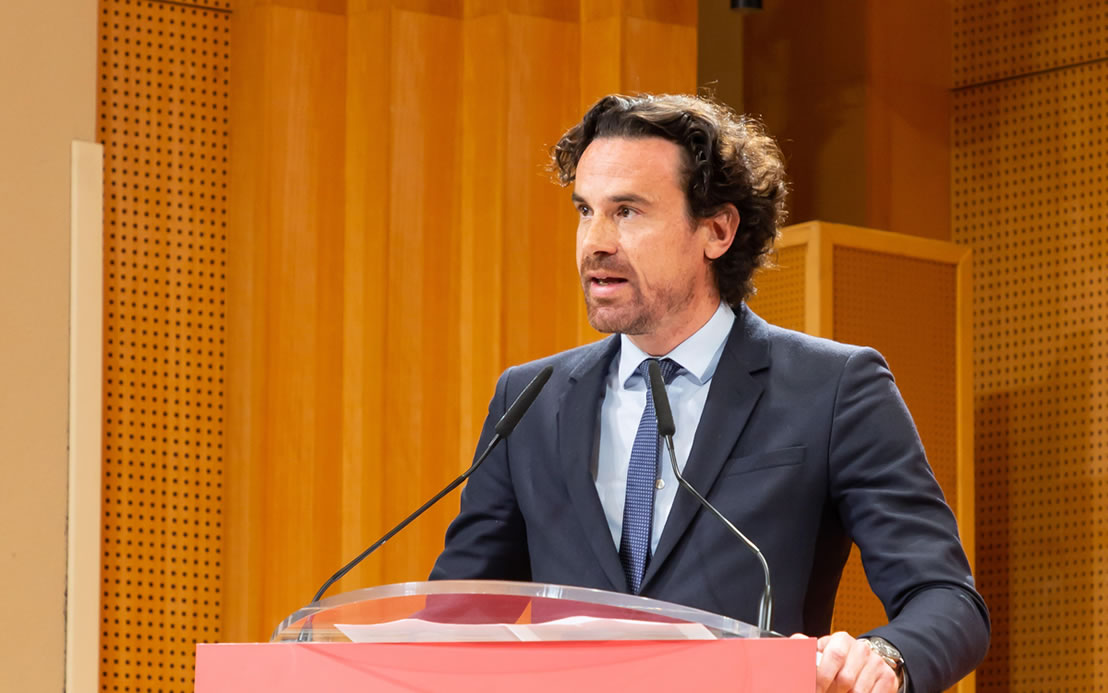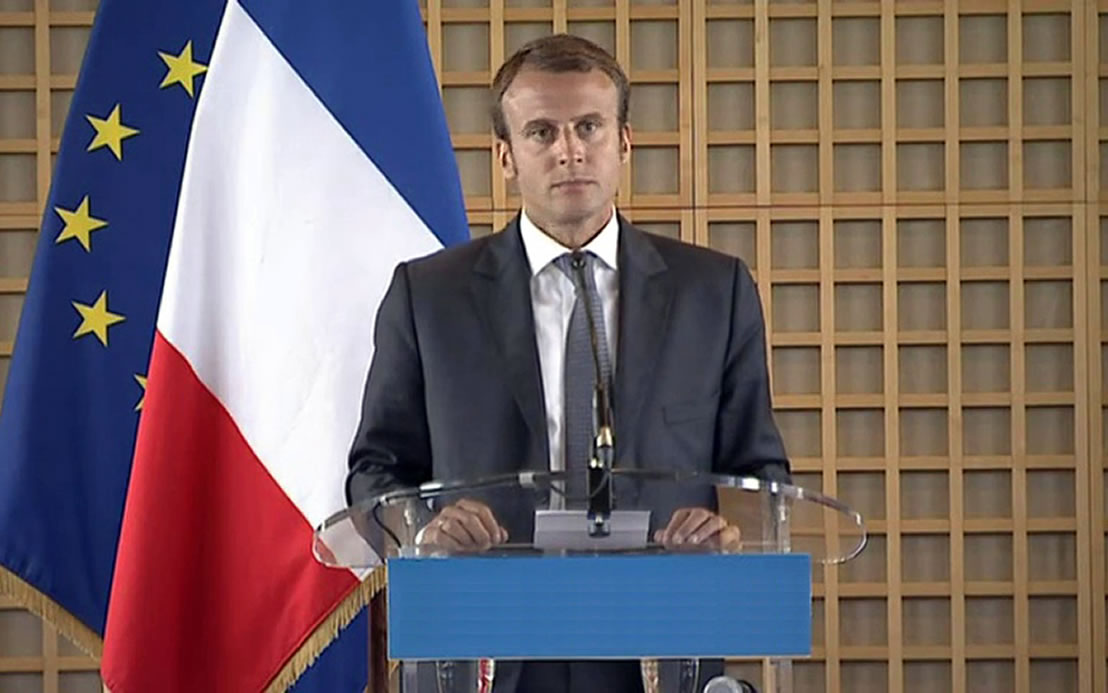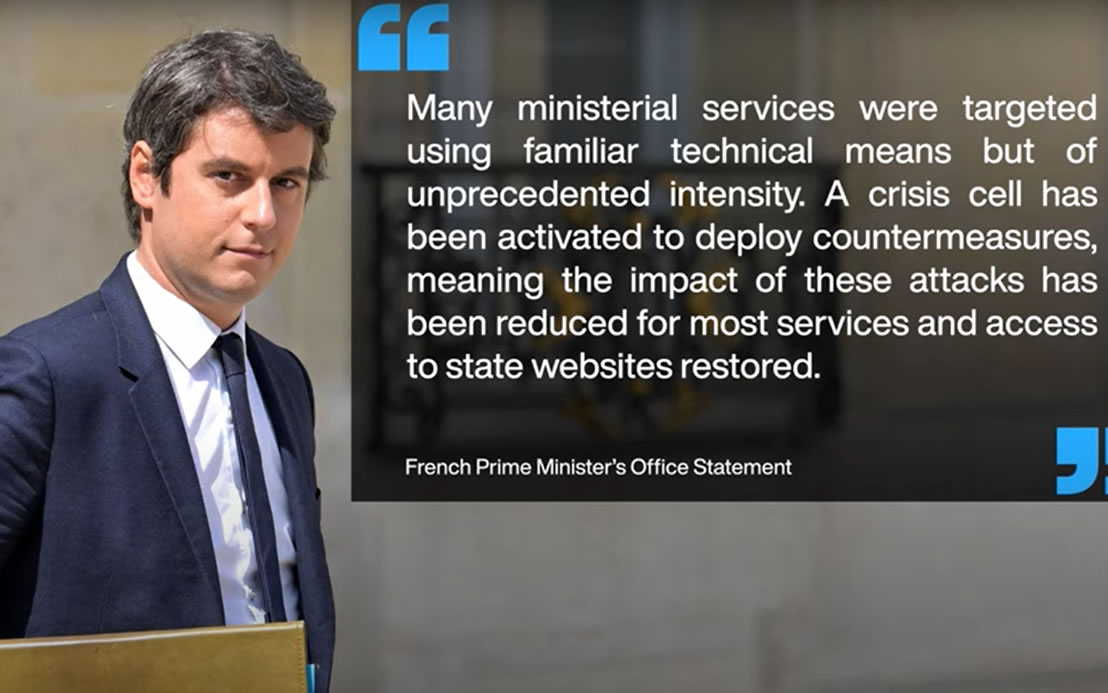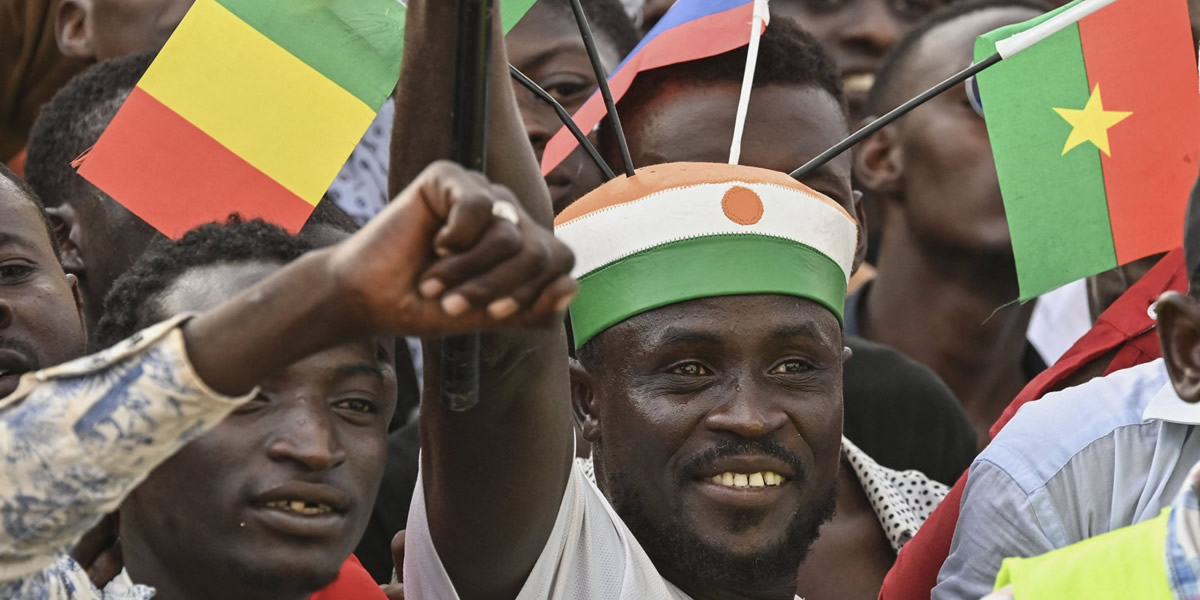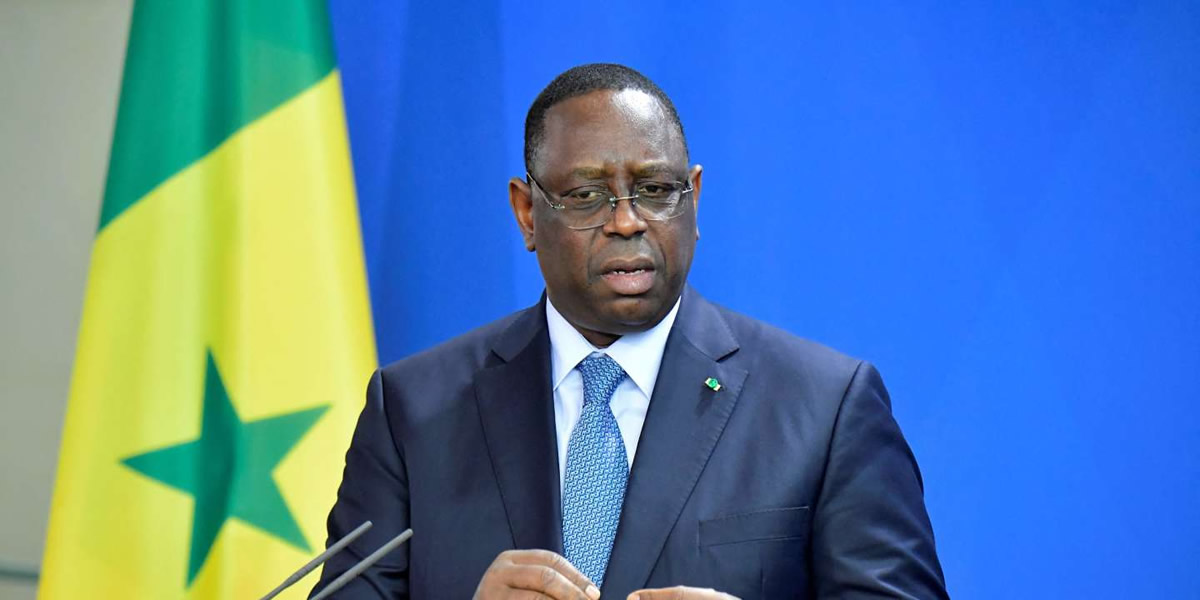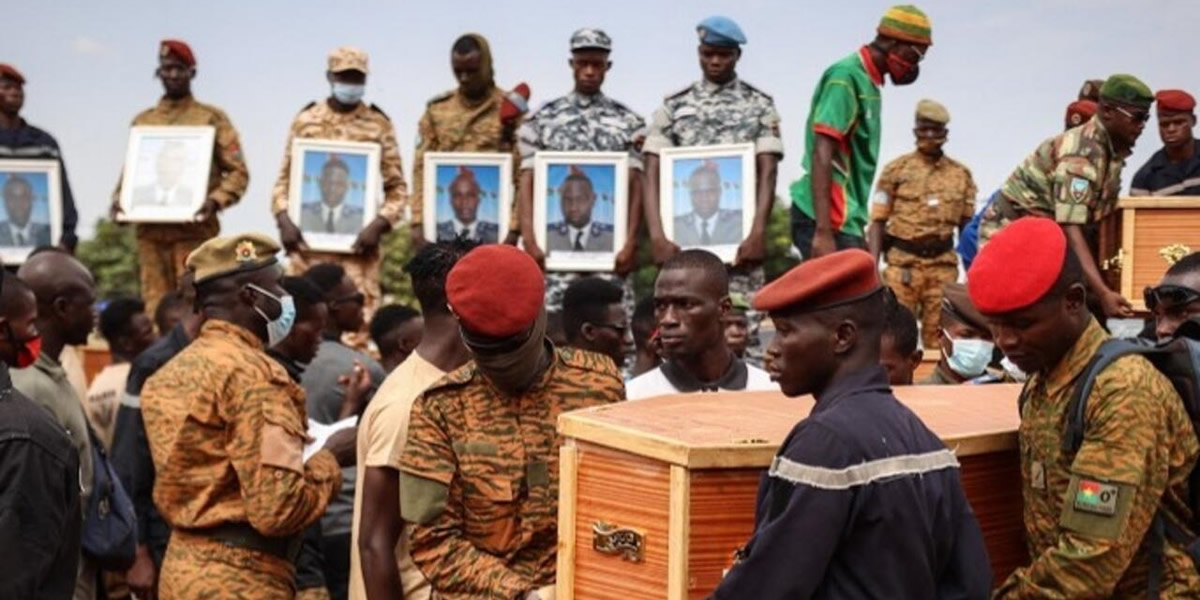Chad Threatens Withdrawal from Joint Military Force
In a bold statement that has caught the attention of both national and international observers, Chadian President General Mahamat Idriss Deby Itno recently announced the possibility of Chad withdrawing its troops from the multinational joint military force. This alliance, which includes Cameroon, Niger, Nigeria, and Chad, was established to tackle terrorism in the Lake Chad Basin, a region plagued by insurgent activity. Yet, President Deby Itno’s ultimatum suggests a deeper frustration with the current state of affairs, as he cited the lack of reciprocal support from neighboring countries following a deadly attack on Chadian forces.
The potential withdrawal of Chad’s troops has raised serious questions about the security of the Lake Chad Basin, the future of the joint military alliance, and the complex relationships between these countries in their ongoing fight against extremism. This article explores the implications of Chad’s withdrawal from the multinational joint force, examining the underlying tensions, the security impact, and the broader political context.
Rising Tensions in the Lake Chad Basin
The situation in the Lake Chad Basin has become increasingly tense, with ongoing clashes between military forces and insurgent groups like Boko Haram and ISIS-affiliated fighters. Earlier this month, a devastating attack on a Chadian military base in Barkaram, located within the Lake Chad Islands, resulted in the deaths of around forty Chadian soldiers. President Deby Itno expressed disappointment that neighboring countries—Cameroon, Niger, and Nigeria—did not demonstrate the solidarity expected from members of the multinational joint force.
Deby’s frustrations highlight an emerging strain within the alliance. For years, Chad has played a crucial role in counterterrorism efforts in West and Central Africa. Since 2013, Chadian soldiers have been at the frontlines in Mali, Niger, Nigeria, and the G5 Sahel region, making significant sacrifices in their commitment to regional stability. However, Deby’s recent remarks suggest that Chad feels abandoned and unsupported by its allies, calling into question the effectiveness of the multinational joint force.
Chad’s Role in Regional Security: Contributions and Sacrifices
For decades, Chad has been a steadfast ally in the fight against terrorism in the Lake Chad Basin and beyond. Its military has earned a formidable reputation for effectiveness, often stepping in to support its neighbors in times of crisis. Whenever insurgent activity has threatened the stability of Cameroon, Niger, or Nigeria, Chad has not hesitated to deploy its troops to assist these countries. This willingness to respond to security threats has come at a high cost, with Chadian forces bearing significant losses.
But the attack at Barkaram and the lack of immediate support from other nations may mark a turning point. Deby’s threat to withdraw from the joint force reflects a perception that Chad’s contributions are not reciprocated. “Why do we always have to sacrifice our soldiers?” Deby remarked, emphasizing that Chad’s military support for neighboring countries has not been met with similar gestures of solidarity.
Impact of Chad’s Potential Withdrawal on Regional Security
Should Chad follow through with its threat to withdraw from the multinational joint force, the implications for regional security would be considerable. Observers fear that such a move would create a security vacuum in the Lake Chad Basin, potentially giving insurgent groups the opportunity to regroup and expand their influence across the region. The withdrawal of Chadian troops would weaken the multinational coalition, possibly leading to an uptick in cross-border attacks and greater instability.
Experts such as Dr. Ahmat Yacoub Dabio, president of the Center for the Study of Development and Prevention of Extremism, believe that the withdrawal could embolden terrorist groups who would likely exploit the division. He argues that maintaining a united front is essential for combatting extremism and that regional leaders must find a way to address Chad’s concerns within a framework of mutual support.
Civil Society’s Perspective on Chad’s Role in the Joint Force
The question of whether Chad should remain part of the multinational joint force has sparked a debate within Chadian civil society. Many activists and organizations acknowledge the sacrifice of Chadian soldiers but argue that security in the Lake Chad Basin requires a coordinated approach. For Adoum Soumaïne Adoum, spokesperson for the Waki Tama citizen coalition, the security situation is a shared responsibility that no single country can handle alone. He believes that the solution lies in securing borders collectively and ensuring that all members contribute equally to the fight against insurgency.
Adoum also points out that even if Chad were to eliminate Boko Haram from its territory, the problem would persist as long as insurgents could easily cross into Nigeria or Cameroon. This transnational nature of terrorism in the region underscores the need for a collaborative approach, where each country is willing to support others in times of need. The coalition argues that Chad’s potential withdrawal would not only jeopardize the security of the Lake Chad Basin but could also isolate Chad from vital alliances in the fight against terrorism.
The Path Forward for the Multinational Joint Force
As Chad weighs its options, the future of the multinational joint force remains uncertain. Experts believe that a renewed focus on mutual cooperation, communication, and shared responsibility is crucial to maintaining the alliance. Leaders of Cameroon, Niger, Nigeria, and Chad must come together to address the underlying issues and rebuild trust within the coalition.
Addressing Chad’s grievances will require a commitment to equitable burden-sharing and reciprocal support during times of crisis. To strengthen the alliance, regional leaders could consider implementing a more structured approach to coordinating military responses and ensuring timely assistance for member states facing insurgent attacks. Furthermore, a commitment to the disarmament, demobilization, rehabilitation, and reintegration (DDRR) process could provide a long-term solution to preventing the spread of extremism across borders.
Ultimately, the question remains: Will the multinational joint force adapt to Chad’s concerns, or will Chad go its separate way? Only time will tell, but one thing is certain—regional stability hangs in the balance.












